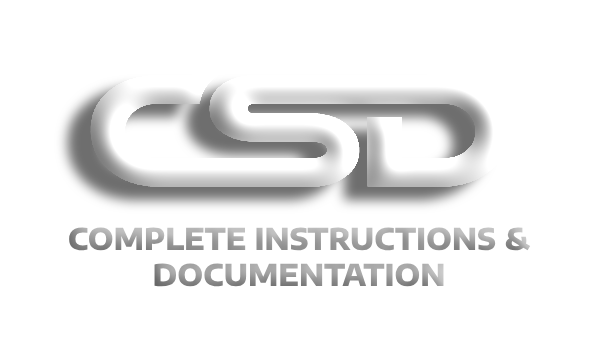Cornerstone Cases of Child Support - Blessing V. Freestone
Cornerstone Cases of Child Support - Blessing V. Freestone
Welcome to our deep dive into one of the cornerstone cases of the child support program, Blessing versus Freestone. In this landmark Supreme Court decision, the court addressed whether States could receive Federal funding for developing and implementing a Title 4D program, which is the formal designation for the child support enforcement program. The Supreme Court ruled that states may indeed receive federal funding when they implement or develop a Title 4D program.
However, the implications of this decision reach far beyond the mere allocation of funds. The most striking aspect of this case is the Court's determination that the Title 4D program benefits no individual person, no children, and not even the custodial parent. Instead, it functions as a federal program aimed at managing the overall state child support systems. The Supreme Court's ruling emphasized that the primary responsibility for the performance of a state's child support program lies with the Secretary of Health and Human Services. This responsibility is for the system wide performance, not for ensuring that individual beneficiaries receive their entitled support.
The Justices made it clear Justices made it clear that any benefit received by a custodial parent or a child under the Title 4D program is merely incidental. This means that the primary purpose of the program is not to serve individuals directly, but to ensure the efficient operation of the State's child support system. This decision in Blessing versus Freestone has profound implications. It underscores that the Federal Government's role in the child support program is to oversee and manage the system as a whole, rather than to directly address the needs of individual families. This systemic focus can lead to situations where the actual benefits to parents and children are secondary to the administrative goals of the program.
In summary, Blessing versus Freestone reveals the true nature of the Title 4D Child Support Program as a federally managed system aimed at overarching state efficiency rather than individual welfare. This understanding is crucial for anyone navigating the complexities of child support enforcement.




